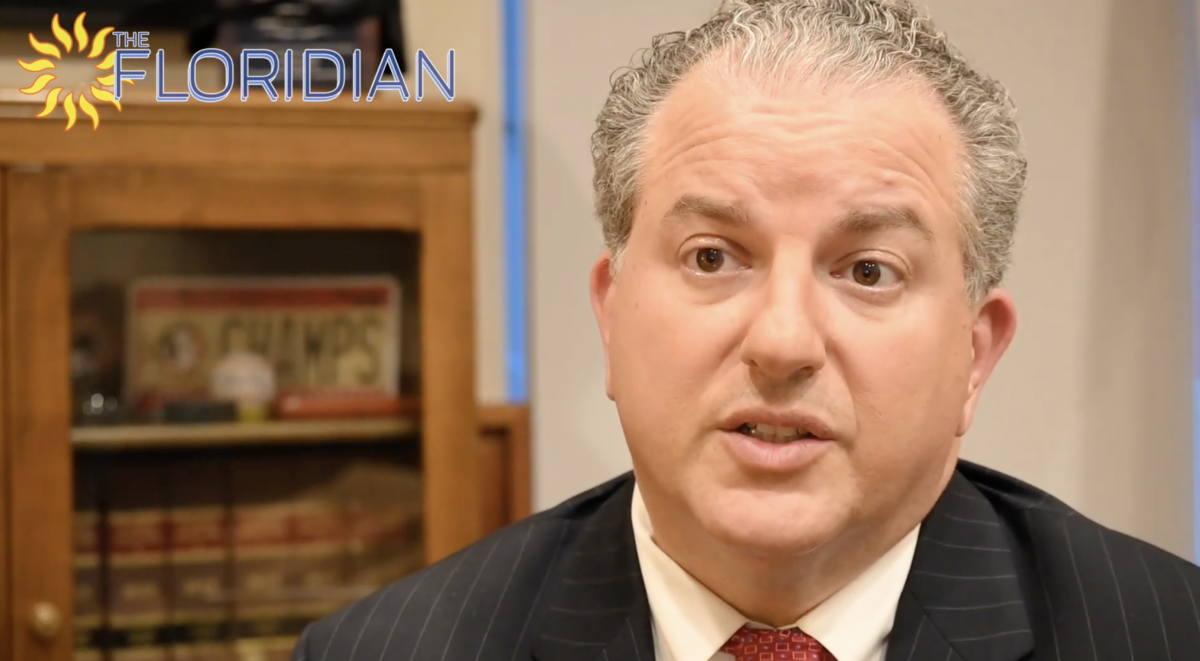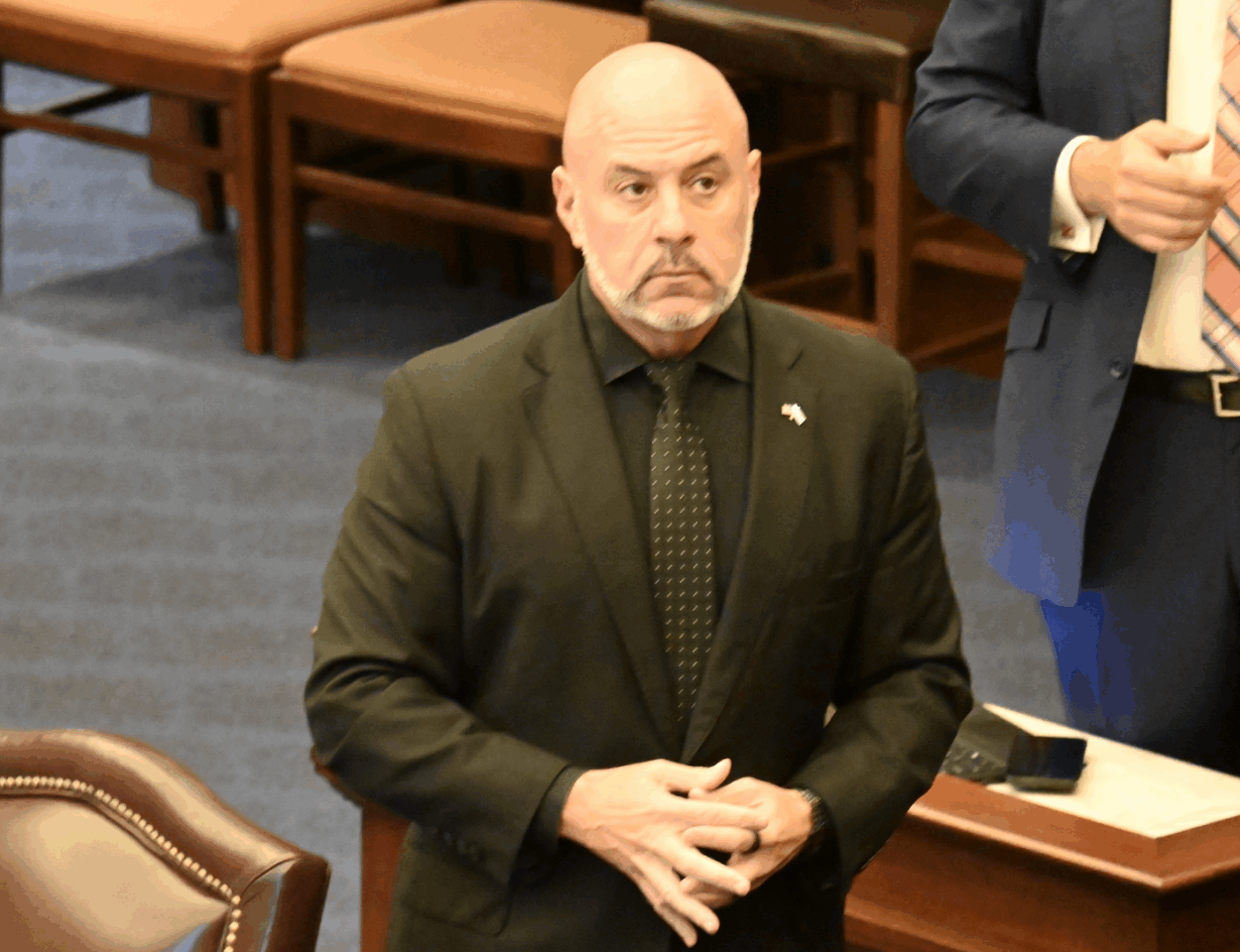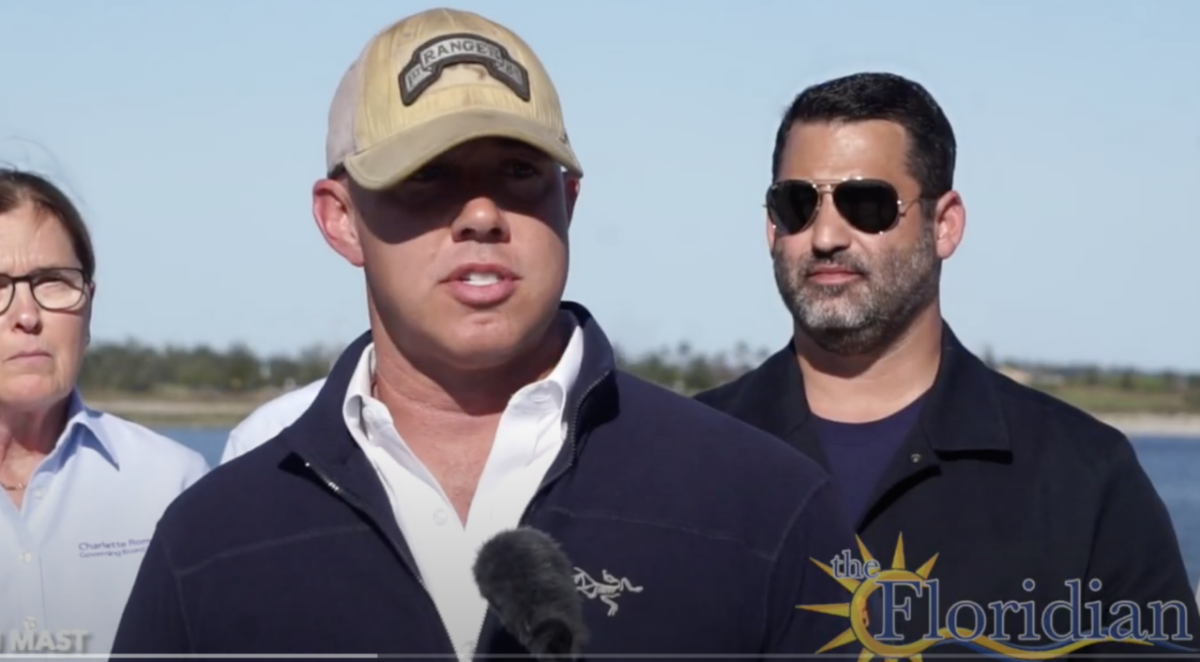Representative Jimmy Patronis (R-FL) praised the passage of the 2026 Military Construction, Veterans Affairs, and Related Agencies Appropriations Act, saying, "I'm grateful for President Trump's and Speaker Mike Johnson's leadership in the passage of this pro-military, pro-veteran legislation."
As Rep. Patronis's press release described, $452 billion is directed to the Department of Veterans Affairs (VA), $18 billion is allocated toward military construction and housing, and $340 million will be used for renovating military monuments, cemeteries, and retirement programs for the Armed Forces.
Specifically, $131 billion of the VA funds are for medical care, including treatment for toxic exposure, and $75 million of the $18 billion for housing will be used to construct new barracks. In comparison, $2 billion is allocated to family housing.
Finally, $970 million is allocated for the Bridging Rental Assistance for Veteran Empowerment program, which aims to reduce veteran homelessness.
"I'm grateful for President Trumps and Speaker Mike Johnson's leadership in the passage of this pro-military, pro-veteran legislation," said Rep. Patronis, adding, "This bill puts America's veterans, active-duty military, and their families first by providing historic funding that increases the readiness of our troops and ensures that our veterans and military families receive the care and support they need back home."
The Florida Congressman further noted that the bill "also bolsters our national security, enhances border protections, and prevents any efforts to undermine veterans' Second Amendment rights."
"This bill will go a long way toward assisting the many veterans and military families in Florida's First Congressional District and ensure our heroes in uniform are well-prepared to defend the homeland," Patronis concluded.
At the end of May, Representative Sheila Cherfilus McCormick (D-FL) teamed up with Representative Juan Ciscomani (R-AZ) to introduce the Veterans Readiness and Employment Program Integrity Act, which strengthens oversight of the program and requires the VA to report on the employment numbers and annual wages of VR&E participants, in addition to the average wait times they are subject to between their initial application and first meeting with a counselor, to combat multi-month wait times.












